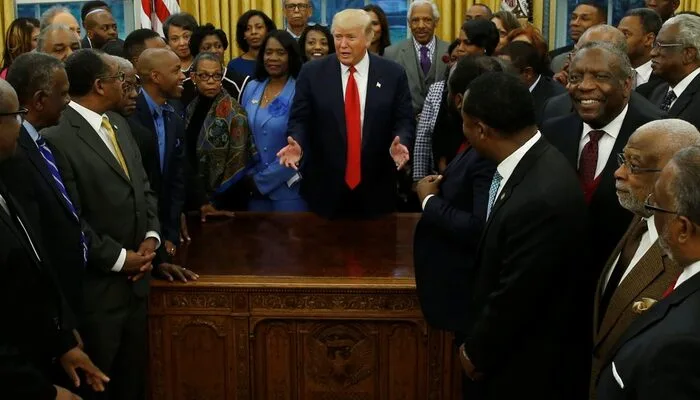
As President-elect Donald Trump prepares for his return to the White House, American universities brace for significant changes in federal education policies. Trump’s strong opposition to diversity, equity, and inclusion (DEI) initiatives could reshape the landscape of higher education. These initiatives, critical for ensuring equitable opportunities, are likely to be among the first targets of his administration.
Threats to Education Autonomy
During his campaign, Trump frequently criticized higher education institutions, calling for measures to reduce their autonomy. His plans include defunding schools that promote “critical race theory” and other DEI-related programs. Trump’s rhetoric underscores a broader conservative push to limit academic freedom and curtail the influence of DEI policies in education.
Linda McMahon, Trump’s pick for education secretary, has no apparent experience in the field. However, her appointment signals an intent to prioritize policy changes aligned with the administration’s vision. Vice President-elect JD Vance has also echoed Trump’s sentiments, describing universities as “hostile institutions.”
Focus on Diversity and Inclusion
DEI initiatives aim to address systemic inequities in higher education, offering support to historically marginalized groups. Conservatives, however, have derided these programs as “wokeism,” arguing that they perpetuate division and discrimination. Trump’s proposed policies include dismantling DEI offices, removing diversity officers, and revising curricula to eliminate references to terms like “privilege” and “oppression.”
These measures are part of a larger effort to centralize control over higher education. Critics fear that scrapping DEI initiatives would disproportionately harm underrepresented groups and undermine the core values of academic freedom.
State-Level Precedents
States like Texas and Florida have already implemented policies targeting DEI. In Texas, legislation forced universities to shut down diversity offices and revise course descriptions to exclude words like “equity” and “gender.” Florida’s governor, Ron DeSantis, signed a bill defunding DEI programs at public universities, framing them as tools of “discrimination, exclusion, and indoctrination.”
These state-level actions offer a blueprint for Trump’s federal policies. Education advocates warn that such changes could erode the autonomy of higher education institutions and stifle intellectual discourse.
Impact on Academic Freedom
Experts predict sweeping changes to curriculum oversight, hiring practices, and tenure policies. This shift threatens the long-standing tradition of academic independence in the U.S., where universities have historically been free from government interference.
Advocates emphasize the importance of resisting these efforts. Legal precedents support academic freedom, and universities are urged to protect students’ rights to learn without political constraints. Institutions must balance defending their values while preparing for possible regulatory challenges.
Read: Trump’s Sentencing Delayed Again Amid Legal and Political Controversy
What Lies Ahead
While Trump’s return to power may not immediately transform higher education, the long-term implications are concerning. His administration faces numerous competing priorities, but its focus on reshaping higher education signals a critical challenge for universities.
As the future of DEI and academic freedom hangs in the balance, higher education leaders must remain vigilant. Their response will shape the survival of foundational principles that define American universities.
Follow us on Google News, Instagram, YouTube, Facebook,Whats App, and TikTok for latest updates












